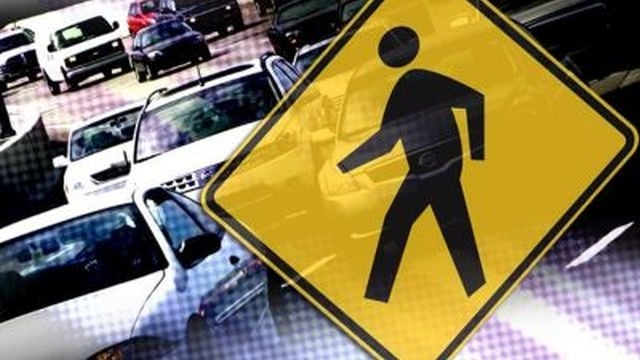Substance abuse disorder treatment for opioids
SUSSEX COUNTY, De. – Opioids have been plaguing the nation for decades now.
It is an epidemic that almost everyone can say is a problem, but few people have solutions to. Fred Haas is the Paramedic Shift Commander in charge of public health and safety for Sussex County EMS. As part of his job, Haas oversees the Opioid Rescue Kit program that is stocked with the life-saving opioid overdose reversal drug naloxone.
“Opioids are devastating,” Haas said. “Opioids will stop your breathing. If trained help and resuscitation cannot get to you it can obviously lead to death.”
Supplied through the state of Delaware, EMS carry opioid rescue kits on their vehicles for patients in need of resuscitation from an OD. They administer naloxone through the nose to a patient from an opioid overdose. Haas’s unit also give kits to family members of people suffering from addiction to attempt to prevent deaths of addicts who may relapse and OD in the future.
Haas shared a story of one of his EMS paramedics who was hugged by a woman in a convenience store because she was rescued by a paramedic in the unit who administered the naloxone rescue kit when she was overdosing. He said the person decided to go get treatment and at that time the person was 90 days clean, really meant a lot that it showed our program successful and is helping members of the community.
“Having these kits in the hands of the public is vital to the program to treat these patients early,” Haas said. “It’s much like learning CPR. CPR will help the person in cardiac arrest until more trained and equipped help can arrive. The naloxone will maintain someone’s breathing for help to arrive.”
Haas also says that he gives out between 12-20 rescue kits every month to people in Sussex County.
“They really are a great tool to help people treat themselves or people treat their family because that’s the bottom line,” Haas said. “Overdoses affect families.”
Worwic Community College Professor Ryan Messatzzia teaches a program called Chemical Dependency Counseling.
The programs allows students to get a two year degree designed to become Substance Use Disorder Counselors to get right into the field helping people with addiction issues.
“We are always trying to help people understand the use of substances and how they impact the brain, impacts behavior, and can cause some of the symptoms that we see of people who are struggling.”
Messatzzia spoke of a person centered approach, saying that addiction is not necessarily just trying to get them off substances, but also looking at their physical needs, such as housing and employment.
“Substance use disorder/addiction can put people in very hopeless places,” Haas said. “I like to always tell my clients and students that there is always hope in recovery.”


